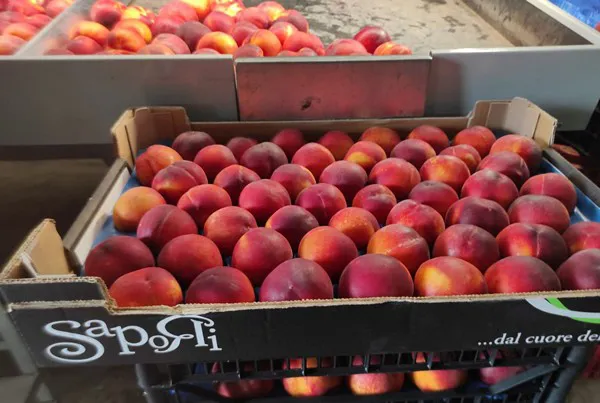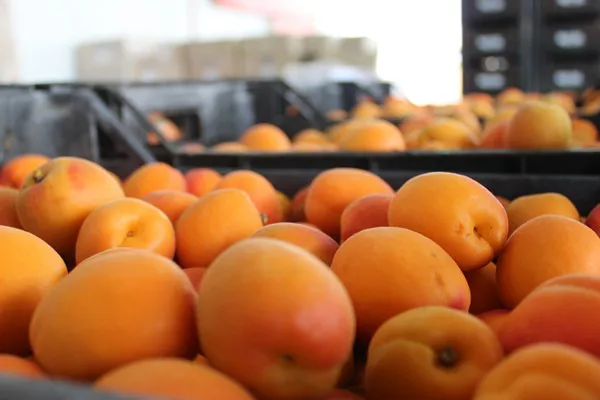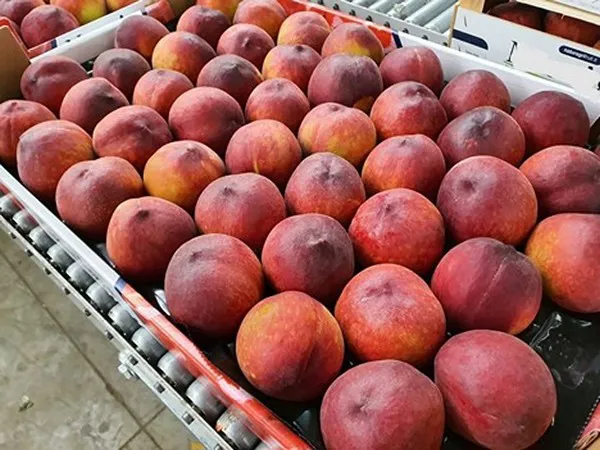The shortage of Italian stone fruit is messing up the plans of Italian suppliers and European buyers. We spoke with Claudio D'Alba, CEO of Plantis Group, a company from the southern Italian region of Apulia specialized in exporting Italian fruits and vegetables.

"It has not been a normal start to the season, but the unusual situation has now been going on for just a little too long. We are still exporting very little quantity of fruit, an average of 5-6 pallets per day. We are currently shipping apricots, peaches and nectarines from the regions of Basilicata and Apulia. Compared to other seasons, we’ve had at least 10 days of slowdown due to bad weather that has not allowed the summer fruits to ripen. Nevertheless, we think that cultivation as well as sales will return to normal over the next two weeks. With warmer and more stable weather, volumes will increase, and prices will gradually fall."

The significant increase in selling prices is also unusual. "Prices remain high on the markets. Compared to 12 months ago, prices are 15-20% higher. But foreign buyers are looking for prices in Italy similar to Spain, where the product is 20% cheaper. With the scarcity of product and high prices, there is really no reason to sell the fruit abroad," continued the manager.

D'Alba explained to us that Italian growers prefer the domestic market, also because of purely logistical reasons, namely, fruit that has already suffered from the excessive rainfall should not undergo further stress. "Among our European customers, we haven't really seen that enthusiasm of other years in importing Italian products. They prefer to buy from other countries, such as Spain, Greece and Turkey, also because there are no apparent shortages or quality problems there that have emerged here in the past weeks."
For more information:
Plantis Group
Piazza Ebalia 1
74123 Taranto
(+39) 099 671 4801
info@plantis.it
www.plantis.it
